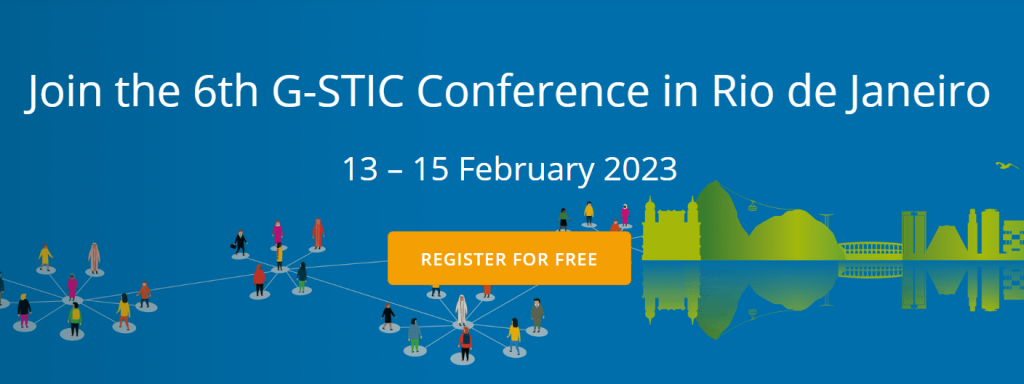

The G-STIC conference is hosted jointly by VITO (the prime research and technology organization on cleantech and sustainable development in Belgium) and 7 other not-for-profit independent technology research institutes: FIOCRUZ (Oswaldo Cruz Foundation, Brazil), CSIR (The Council for Scientific and Industrial Research, South Africa), GIEC (Guangzhou Institute of Energy Conversion, China), GIST (Gwangju Institute of Science and Technology, South Korea), NACETEM (National Centre for Technology Management, Nigeria), TERI (The Energy and Resources Institute, India) and SDSN (the United Nations Sustainable Development Solutions Network).
The COVID-19 pandemic exposed and amplified many of the world’s inequalities, vulnerabilities, and unsustainable practices. However, it was in some ways a distraction from the triple planetary crisis of climate change, biodiversity loss and pollution that threatens even greater consequences for humanity. The Russia-Ukraine war is also a tragic reminder of why the 2030 agenda is so urgent and relevant.
On the other hand, the pandemic has prompted the development of a new wave of innovative technologies focused on sustainability. This technological convergence, where artificial intelligence and big data play central roles, has proven to be an invaluable tool for decision-makers in times of crisis.
To guarantee a sustainable recovery, it is crucial to harness the power of science, technology and innovation (STI) to address all aspects of the 2030 Agenda. There is an urgent need to use environmentally sound technologies to mitigate climate change, stop the loss of biodiversity, and help with ecosystem conservation. It is imperative to utilize circular economy principles, nature-based solutions, and systems-based approaches to explore new ways to redesign our systems, products, and services.